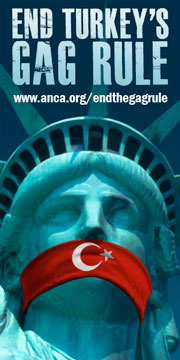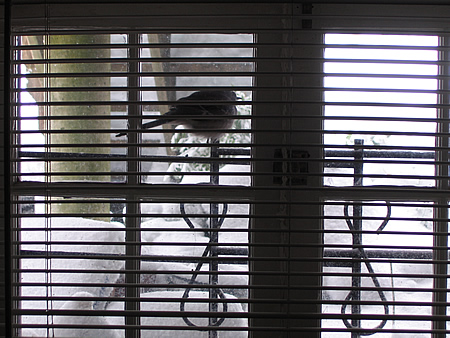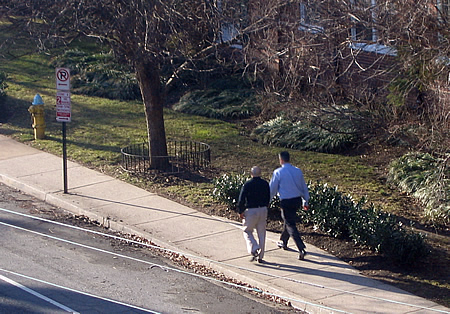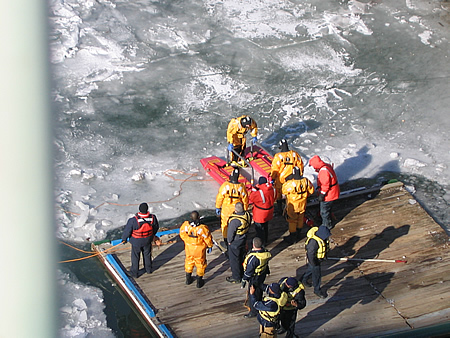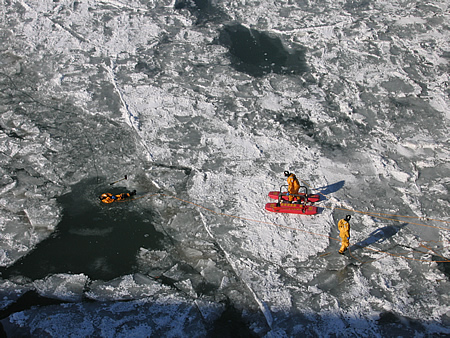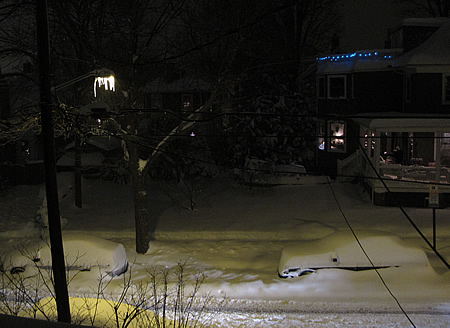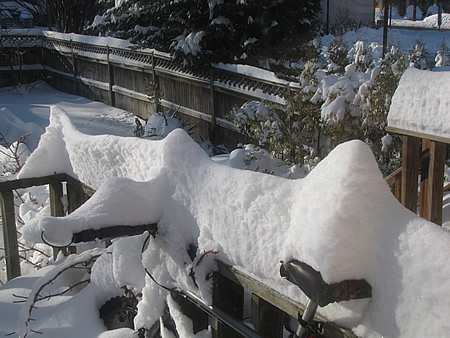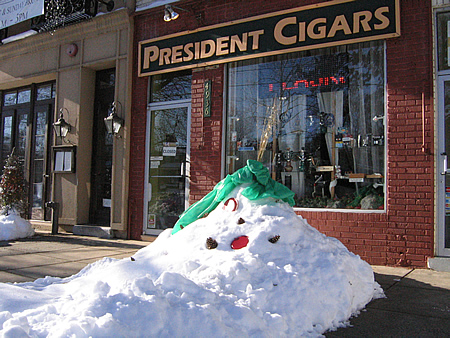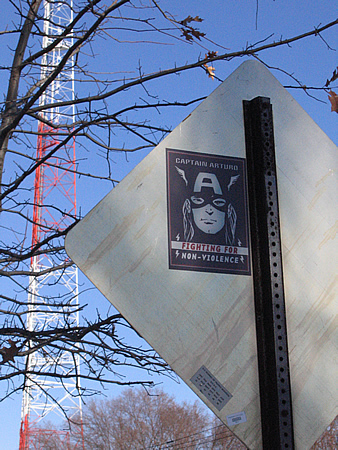Another April 24 has passed—the 95th since the day in 1915 when Armenian leaders and intellectuals were rounded up as the opening act of an Ottoman plan to rid their lands of all Armenians. For the second year in a row, Barack Obama took note of the anniversary but again declined to call it by its proper name, which is genocide.
The Turkish prime minister said an odd thing when he was in Great Britain recently:
In my country there are 170,000 Armenians. Seventy thousand of them are citizens. We tolerate 100,000 more. So, what am I going to do tomorrow? If necessary I will tell the 100,000: OK, time to go back to your country. Why? They are not my citizens. I am not obliged to keep them in my country.
Apparently he’s miffed that foreign legislatures keep passing resolutions acknowledging the genocide and calling it by name. Yet this is the same prime minister who has been active in normalizing relations with Armenia, and who seems open to amending Turkey’s official position on the final days of the Ottoman Empire: “What is important is to look into the archives, the historical documents … if, as the result of this work, it turns—comes out that there is such a situation, we would then consider and question our history.” Leaving aside the fact that many disinterested parties have already looked into the archives and historical documents and found genocide, making this sound like the usual dodge, one can’t help but give greater weight to what he said in the same interview: “Characterizing the events of 1915 as genocide is not something that we can accept.” ‘Round and ’round he goes …
Meanwhile, a growing number of Turks are speaking out on the Armenian genocide—historians, novelists, and ordinary citizens:
On Saturday, while hundreds of thousands of Armenians climbed to the hilltop memorial in Yerevan, a Turkish human-rights group in Istanbul held its own event, mourning with them. In another part of town, a group of Kurdish mothers gathered in solidarity with Armenians, calling on Turkey to recognize the genocide. Their empathy was matched by bravery, as they could have been jailed or fined for any public mention of the genocide, banned under Turkish law.
It is the latest and boldest step by Turks choosing to break with their government’s silence. It followed an online petition entitled “I Apologize,” signed by nearly 30,000 people in Turkey last year. “My conscience does not accept the insensitivity showed to and the denial of the Great Catastrophe that the Armenians were subjected to in 1915,” the brief statement read. “I reject this injustice and for my share, I empathize with the feelings and pain of my Armenian brothers and sisters. I apologize to them.”
Perhaps in 2015, after the last Armenian survivor of the death marches will have surely passed away, the Turkish people will finally get this load off their collective backs by simply saying: Yes, some of our great-grandparents tried to pull off a genocide. It was wrong. And we renounce it. We condemn the attitude toward the Other that is capable of concocting such an atrocious plan as this genocidal government campaign against a portion of its own population. We are no longer that type of country. We apologize not only to Armenians, we apologize to Turks and others whom we, as a country, have hounded for daring to express their opinions on the matter. Contrary to what our leaders have said for decades, it is impossible to “offend Turkishness.” There is no such thing as “Turkishness.” Every citizen of Turkey is free to be himself or herself. Turks do not fear diversity—we celebrate it. Diversity is a resource, not a threat.
Such, I think, would be the cascading benefits of a simple admission of a historical truth.

